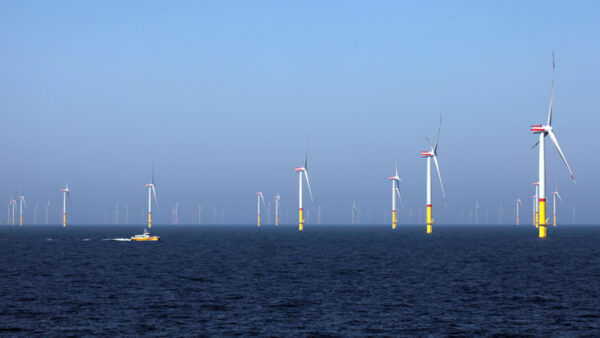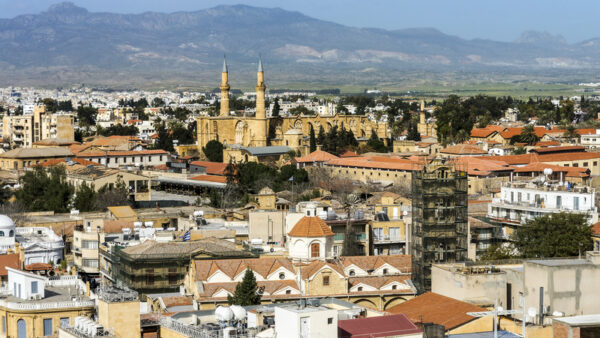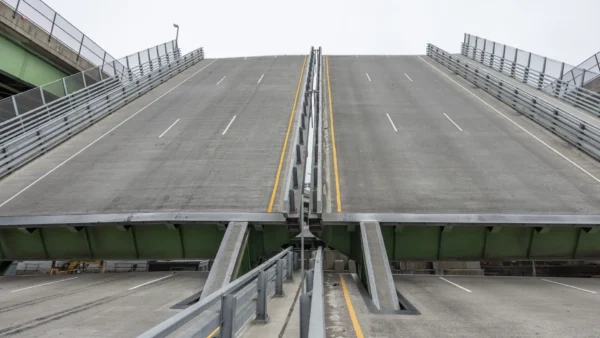In a controversial move Hanoi, capital of Vietnam, today approved a plan to ban motorcycles by 2030 in an attempt to cut traffic jams and pollution.
The city government will gradually limit the number of motorcycles allowed in certain areas, a decision one commuter called “totally insane”.
Motorbikes are the best means of transportation in Hanoi. I doubt authorities can replace them with public vehicles– Hoang Thuy Duong, Hanoi commuter
With average annual earnings languishing at just $2,200 in Vietnam, the policy will squeeze Hanoi residents in a city lacking in adequate public transportation – the main reason why motorbikes have become ubiquitous.
Hanoi has about seven million people and there are five million motorbikes, compared to half a million cars on the road, according to a report by AFP.
Today’s decision to ban motorbikes by 2030 was approved by 95 out of 96 city councillors.
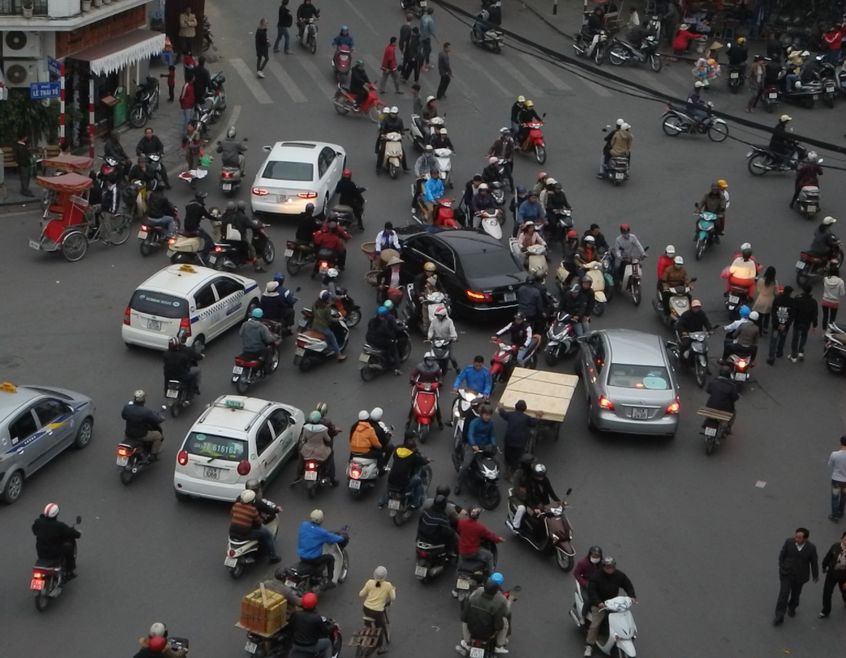
Bikes and cars now jostle for space on Hanoi’s clogged roads (Franzfoto/Wikimedia Commons)
Vietnam has been enjoying strong economic growth, meaning more people are able to purchase motorbikes and cars.
The number of vehicles in Hanoi was growing at an “alarming” rate, according to a report on the city government’s website, AFP reports.
“Traffic jams and air pollution will become serious in the future if no immediate management measures are in place,” the report said, according to AFP.
Public transport options would be increased to wean people off motorbikes and scooters, the report added.
Hanoi authorities first mulled the idea of banning motorbikes last year, fearing its streets would be overrun.
Some welcomed the move.
“Too many private cars, too many motorbikes … the quality of air is really bad and the decision made today will improve that,” economist and transport expert Luong Hoai Nam told AFP.
“Totally insane”
Officials registered 282 days of “excessive” levels of the harmful particulate, PM2.5 last year, according to non-governmental group GreenID, reports AFP. In response, Hanoi government is setting up an air monitoring system.
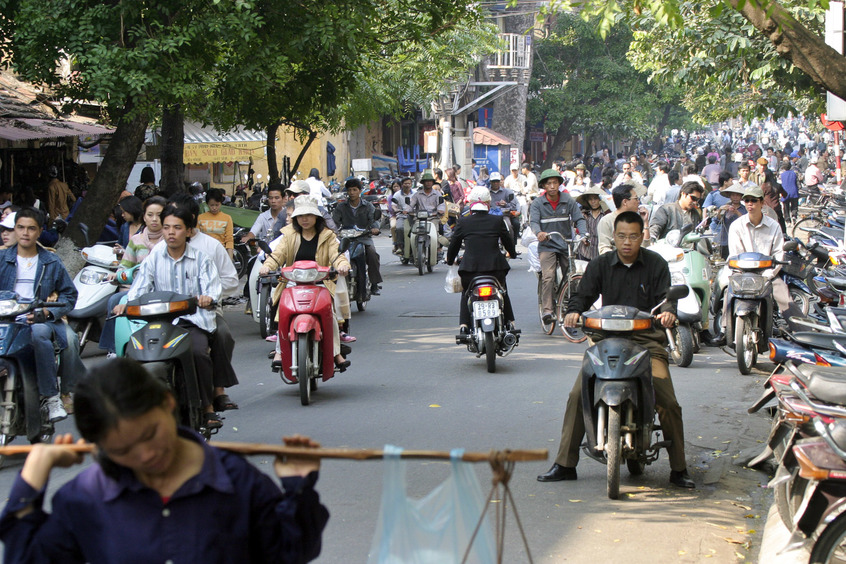
Vietnam has been enjoying strong economic growth, meaning more people are able to purchase motorbikes and cars (Gregg Willis/Wikimedia Commons)
But some commuters were angry.
“This idea is totally insane,” office worker Hoang Thuy Duong, who rides a motorbike to work daily, told AFP. “Motorbikes are the best means of transportation in Hanoi. I doubt authorities can replace them with public vehicles.”
Hanoi does not have a metro system, only public buses which meet only 12% of travel demand in the city. Officials said they now plan to boost that share to around 50% by 2030.
Construction of a sky train in the city has been repeatedly delayed but is slated to open next year, said AFP.
Top image: The policy will squeeze Hanoi residents in a city lacking in adequate public transportation (Cephoto/Uwe Aranas/Wikimedia Commons)

